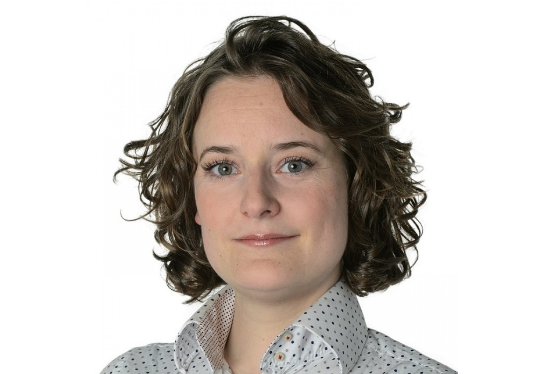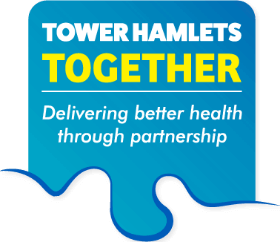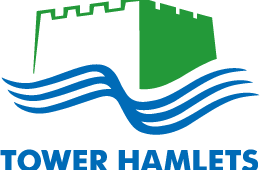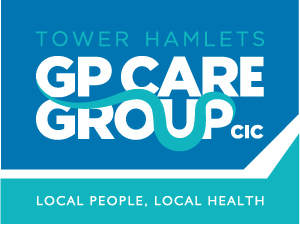Amy's Monthly Briefing - March 2020
The borough’s vision of a seamless health and care experience for its citizens.

We had a vital discussion with WEL colleagues about the forthcoming process to develop how borough partnerships will respond to the CCG changes and requirements, in order to accelerate the delivery of joined up care.
Hi everyone and a belated happy new year! Before I get into the usual Board round-up, I wanted to share the news that my son Jude was born on 8 January at home and is doing really well 8 weeks in. A huge shout out to the home birth midwives, RLH maternity team and birth debriefing clinic, baby feeding service and health visitors for giving me and my family brilliant support throughout my pregnancy, birth and since. My experience was worlds apart from my first birth - I've felt safe and in control throughout - bringing home to me why continuity, choice and care designed around people matters so much.
Onto my usual update... Jude and I attended the fantastic staff engagement event organised by ELFT focussed on joining up care for children and young people. As ever, it was cheering to hear so many passionate frontline staff from all our partners sharing best practice, being frank about challenges and thinking creatively about solutions.
The Board this month was very packed (as usual!) and of course we had an additional unplanned item updating on the local response to COVID-19. It was reassuring to hear about the actions and contingency plans in place across Public Health and the NHS to keep local people and staff safe and well informed. Read here
This month our user story was from Sultana, who shared her experience of suddenly developing Bell's palsy in late pregnancy. She highlighted issues with the immediate ambulance response, delayed diagnosis, a traumatic hospital stay and insufficient support from her GP. She described doing self research and advocacy to find the help she needed, such as free acupuncture on the NHS. Thanks to participating in a previous patient leadership programme funded by the CCG, she now acts as a role model and seeks to raise awareness of the condition and the support available, getting involved in lots of local engagement opportunities and recently securing a job as a patient leader for the Act Early research collaboration between the council, UCL and Bromley by Bow Centre. Sultana was very inspiring and a timely reminder of how meaningful participation reaps rewards not only for us in the health and care system, but also for individuals' health, confidence, skills and even employment prospects.
In that spirit, the Board agreed two proposals to be scoped further - for a consistent reward and recognition framework to be used by all partners and for a future patient leadership programme. Lots more development to come with more people involved. Watch this space...
We reviewed the Power BI dashboard which will host dashboards for the workstreams, locality committees and Board, with the goal to have “one version of the truth” across all partners. Board members suggested improvements and we renewed our ambition to step up the pace of this project, so we can up our game on performance monitoring at a system level.
We had an update from the Promoting Independence workstream and approved their new definition for the cohort of people needing complex care, which now reflects people experiencing issues arising from disability, long term health conditions, societal issues and ageing that prevent them living independently if not addressed. I’m excited to see how this broader, social model of complex needs will translate into service design as it is further developed.
The Learning Disability Partnership Board shared their progress and their current focus on increasing uptake of health checks, meeting a challenging target for employment and bringing 59 people currently accommodated out of borough back home, with sufficient support in place.
We agreed our refreshed THT transformation priorities for 2020-22, to be delivered alongside NHS Long Term Plan commitments and business-as-usual services. Each workstream will have one primary priority that the Board will oversee:
•Born Well, Growing Well - develop and implement a complex care model for children and young people
•Living Well - develop and implement a model of primary prevention
•Promoting Independence - deliver the model of care coordination and multi disciplinary teams
Finally, we had a vital discussion with WEL colleagues about the forthcoming process to develop how borough partnerships will respond to the CCG changes and requirements, in order to accelerate the delivery of joined up care. It’s clear there’s significant scope to shape what resources and services should be delegated to borough level and how we want to organise ourselves to deliver change and be accountable to WEL and NEL. Much more thinking needs to happen and fast, particularly on how to embed the role of local authority, voluntary sector, primary care networks and locality committees.
Our task at the April extended Board is to develop the THT responses and asks. Exciting, if challenging, times!








